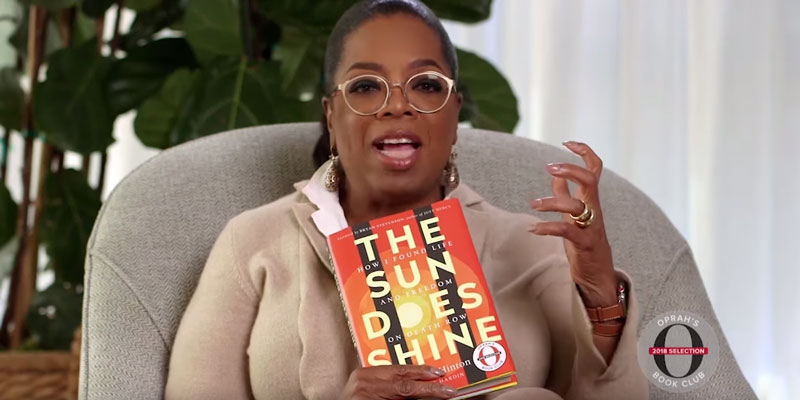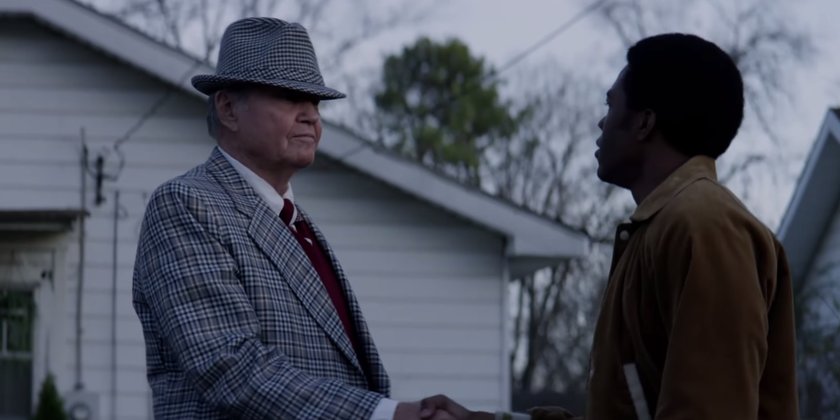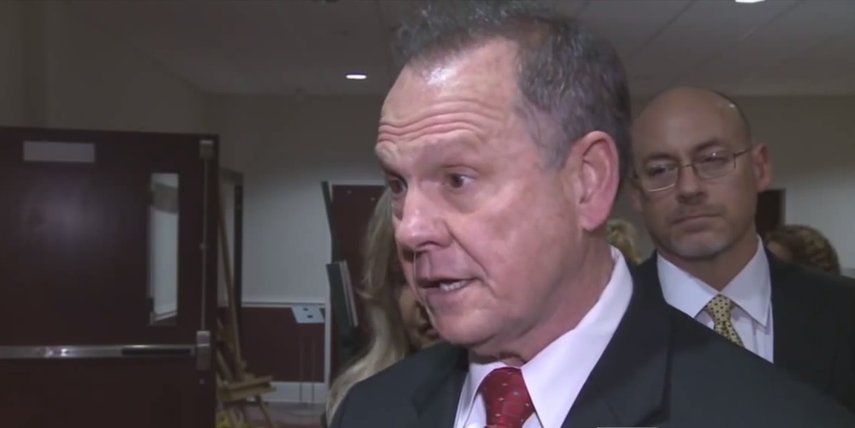
I realize more than anyone the legacy of my father and the feelings he engendered in so many for so long and how he still does today.
There was a time in his life when he supported segregation because as he said, “We were taught as children that a segregated society was best for both races, and anything other than that would bring about adverse relations between the races.” He believed that then, as did most southerners, and his acceptance of segregation was with no sense of ill feeling, malice, or hate toward black people.
His conscience eventually led him to believe that the South’s commonly held views on segregation were wrong, and he publicly renounced them. He even visited the Dexter Avenue Baptist church, where Martin Luther King once pastored, and asked the congregation for its forgiveness. I believe my father’s journey toward redemption helped lead the South and, indeed, much of the rest of the nation, along the path to reconciliation.
It is important to note that while support for segregation was part of his early life and career, he never advocated violence. He was defiant, charismatic, and energetic in his battle against what he saw as a threat from the central government to seek and control every aspect of our lives, but he was never violent.
The narrative pushed by his harshest critics that suggests he ordered the Alabama state troopers and Dallas County deputies to charge the marchers at the Edmund Pettus Bridge is simply untrue. That was the last thing he wanted. In fact, he ordered Col. Al Lingo and Dallas County Sheriff Jim Clark to protect the marchers if they crossed the bridge while he contacted President Johnson and requested federal help with their security throughout their 50 mile trek to Montgomery.
Unbeknownst to many people at the time, militant groups such as the Minute Men and others had vowed to have snipers in the wood line along Highway 80 to shoot the marchers. Not knowing if the the threats were true or not, my father’s desire was to protect the marchers, not attack them.
His great effort to maintain peace at the University of Alabama before his “Stand in the Schoolhouse Door” is well documented by critics and supporters alike. He went on statewide television nightly and asked citizens to stay away from the campus while he raised Constitutional questions on their behalf. If he went to such great lengths to maintain peace at the University, why would he so drastically deviate in Selma?
Bob Ingram, a young reporter with the Montgomery Advertiser at the time, was in my father’s office when news of the violence at the Edmund Pettus Bridge was received. Ingram wrote that my father was enraged as he stormed around his office and said, “This is the last thing I wanted!” The fact is Lingo and Clark had lost their tempers, disobeyed his orders, and the rest is a painful and tragic part of our nation’s history.
I often think of my father’s many calls over the years to Congressman John Lewis, who had been beaten at the bridge, and how during those conversations he expressed sorrow at the violence that occurred at the foot of the bridge. Lewis has publicly acknowledged how deeply emotional my father became as he spoke of the incident.
The movie “Selma” suggests that my father ordered troopers to beat participants in a nighttime civil rights march while television cameras were absent, which is pure, unadulterated fiction. Nor do I recall him ever making mention of a “mongrel” race that would result if segregation were ended. The truth and facts simply do not fit the image of my father that Oprah Winfrey and Brad Pitt wish to promote, so the producers needlessly changed history in order to tell what was an already compelling story in “Selma.”
There are those who will never find any redeeming qualities in my father, but he was a multi-faceted man who came to terms with much in his life. His forgiveness of the man who shot him and left him in such pain was a testament to his deep Christian faith. His later work both in office and in retirement to bring people of all races together in brotherhood and understanding is one of his greatest legacies, and one we could certainly emulate today.
For those who embrace the movie myth and refuse to believe the truth that he never advocated violence, I am reminded of lyrics from Don McLean’s “Vincent,” which say “They would not listen, they’re not listening still, perhaps they never will.”
George Wallace, Jr. is the son of two Alabama governors, George and Lurleen Wallace, and has previously held statewide office as state treasurer from 1987 to 1995 and as a member of the Public Service Commission from 1999 to 2007.











